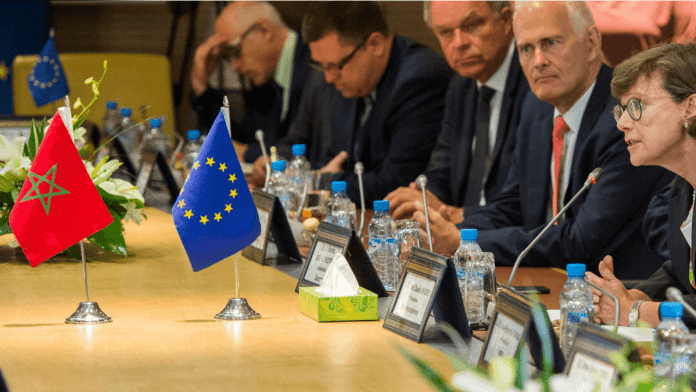News in Brief:
EU-Morocco fisheries deal has been challenged over Western Sahara dispute, highlighting potential impact on local fishermen and Saharawi people’s rights.
In a recent development, Tamara Ćapeta, an advocate general at the European Union’s highest court, has criticised the fisheries agreement between the EU and Morocco.
The deal, signed in 2019, faces scrutiny as it fails to recognise the disputed territory of Western Sahara and its waters as separate entities from Morocco. While this opinion may have significant implications, particularly for Spanish fishermen, there’s a twist in the narrative.
Ćapeta’s opinion, issued on Thursday, emphasises the failure of the EU-Morocco deal to respect the right of self-determination of the people of Western Sahara. This territory, annexed by Morocco in 1975, remains a focal point of conflict. The advocate general argues that the deal’s oversight negatively impacts the Saharawi people’s access to their natural resources, including valuable fishing grounds.
However, in a surprising turn, Ćapeta’s separate opinion challenges the annulment of an EU-Morocco preferential tariff agreement on agricultural products. This stance contradicts a previous ruling, suggesting that consent from the people of Western Sahara isn’t necessary for such trade agreements. This shift is seen as favorable to Morocco, supporting its economic interests.
While this legal battle unfolds, local farmers in both EU and Moroccan territories await the outcome. The preferential trade deal holds significant economic importance, especially for Morocco. However, the potential fallout from the fisheries agreement’s cancellation could disrupt livelihoods, particularly for EU fishermen relying on these waters.
European fishermen, represented by Europeche, express apprehension over the advocate general’s stance. They fear the adverse effects on fishing operations, highlighting the vital role of these waters in meeting food demands. As discussions continue, stakeholders weigh alternative options, such as a potential deal with Mauritania, albeit with cautious optimism.
The outcome of this legal battle will have far-reaching consequences, not just for EU-Morocco relations but also for the livelihoods of local fishermen and farmers. As the debate rages on, attention turns to finding a balance between economic interests and respecting the rights of affected communities.



